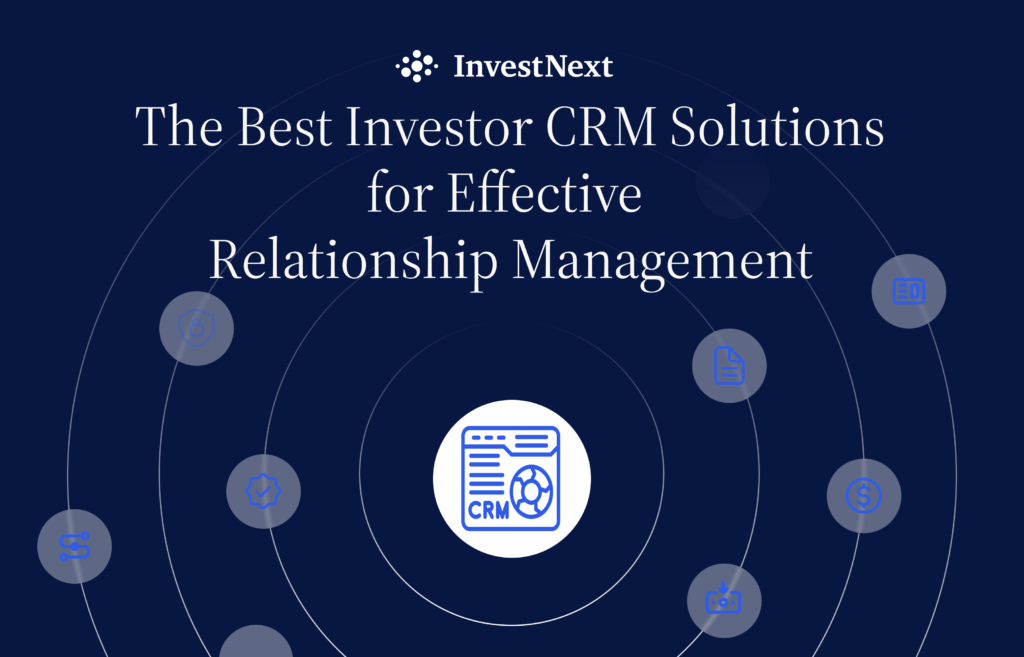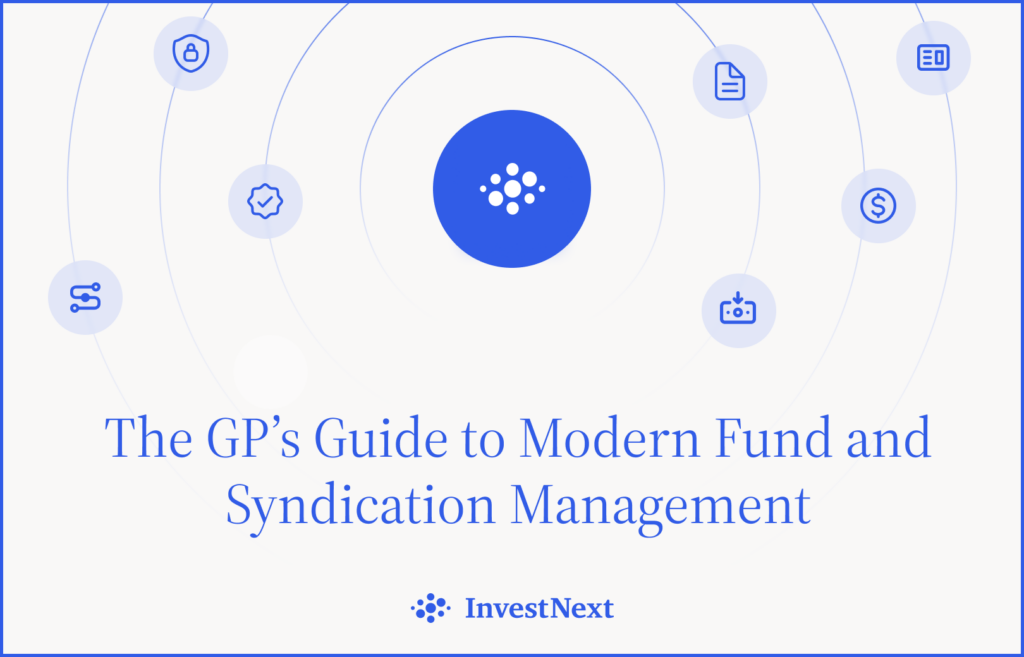The search for stable and consistent income streams has led many to explore the realm of passive income. One avenue that has garnered significant attention is real estate. But what exactly does it mean to generate passive income through real estate, and why is it becoming increasingly popular among savvy investors?
Passive income, in its simplest form, refers to earnings derived from ventures in which the individual is not actively involved.
It’s the dream of earning money while you sleep, vacation, or even retire. Real estate, with its tangible assets and potential for both capital appreciation and rental income, presents a lucrative opportunity for those looking to diversify their income streams. “How to make passive income with real estate?” is a question that resonates with real estate investors, investment firms, and individuals keen on maximizing their financial potential.
Real estate investments, whether in residential properties, commercial spaces, or real estate investment trusts (REITs), offer a unique blend of stability and growth. The allure of receiving regular rental payments, coupled with the prospect of property appreciation, makes real estate a favored choice for those seeking passive income. Moreover, with the advent of technology and platforms that simplify property management, even those without extensive real estate experience can tap into this income stream.
In the following sections, we will delve deeper into the intricacies of passive income in the realm of real estate, providing insights and guidance for both novice and seasoned investors.

What Is a Passive Income and its Significance in Real Estate
In today’s ever-changing landscape, the allure of passive income has become increasingly prominent. Passive income, by definition, refers to earnings derived from an enterprise in which a person is not actively involved. Essentially, it’s money earned with minimal effort or time involvement. Among the myriad of avenues to generate passive income, real estate stands out as a consistent and reliable source.
Real estate investing involves acquiring properties with the intent of generating a steady stream of income, primarily through rentals.
This form of investment offers tangible assets, allowing investors to have a sense of control over their investments. Moreover, the real estate market is characterized by its relative stability compared to other investment vehicles, such as stocks or bonds. This stability stems from the ever-present demand for properties, whether residential or commercial.
One of the primary reasons real estate is a favored source of passive income is its potential for both cash flow and appreciation. Rental properties, for instance, provide monthly income from tenants. Over time, as the property appreciates in value, investors stand to gain from its increased worth, either through resale or by leveraging its equity for other investments.
A testament to the significance of real estate as a source of passive income is highlighted in a research articles which elucidates why real estate investing is a favored choice among professionals, including physicians.
Furthermore, real estate investments come with tax advantages. Investors can benefit from deductions related to property depreciation, mortgage interest, and other property-related expenses. These tax benefits can significantly enhance the overall returns on investment.
Passive Income Ideas
Real estate has long been a lucrative avenue for generating passive income. With the rise of platforms like InvestNext, the process of real estate investment management has been simplified, making it more accessible for individuals to tap into this wealth-building strategy. But how exactly can one make passive income with real estate?
Understanding Passive Income in Real Estate
Passive income, in the context of real estate, refers to earnings derived from properties or real estate investments without active day-to-day involvement. This could be through rental income, dividends from real estate investment trusts (REITs), or profits from property sales. The beauty of passive income is that it allows investors to earn money without constantly managing the property or investment.
Benefits of Using Platforms like InvestNext
- Streamlined Management: Platforms like InvestNext offer tools and features that simplify property management, from tenant screening to rent collection.
- Data-Driven Insights: These platforms provide real-time data on property performance, helping investors make informed decisions.
- Automated Processes: Automation reduces the manual workload, allowing investors to focus on expanding their portfolio.
Ways to Generate Passive Income in Real Estate
- Rental Properties: Owning properties and renting them out can provide a steady stream of income. Whether it’s single-family homes, multi-family units, or apartment buildings, rentals are a tried-and-tested method. Research indicates that rental properties usually appreciate over time, and tenants help build equity through monthly rent payments.
- REITs: Real Estate Investment Trusts allow individuals to invest in commercial properties indirectly. They offer monthly cash flow and diversification opportunities. REITs are known to return at least 90% of their profit to their investors.
- Real Estate Syndications: This involves pooling resources with other investors to invest in larger properties or projects. It’s a way to invest in significant real estate deals without managing the property directly.
How InvestNext Provides an Institution-Grade Experience to Investors
In the realm of real estate investment, the term “institution-grade” is often reserved for opportunities that cater to large-scale institutional investors, such as pension funds, insurance companies, and sovereign wealth funds. These entities seek investments that offer stability, significant returns, and are managed with the utmost professionalism. So, how does a platform like InvestNext bridge the gap between individual investors and these large-scale investment opportunities?
Institution-Grade Features of InvestNext
- Robust Analytical Tools: InvestNext provides comprehensive analytical tools that allow investors to evaluate properties and investment opportunities with the same rigor as institutional investors. This ensures that decisions are data-driven and based on sound financial principles.
- Transparency and Reporting: One of the hallmarks of institution-grade investments is transparency. InvestNext offers detailed reporting on investment performance, ensuring that investors have a clear understanding of how their money is working for them.
- Diversification Opportunities: Just as institutional investors diversify their portfolios to spread risk, InvestNext offers a range of investment opportunities, allowing individual investors to build diversified real estate portfolios.
- Professional Management: InvestNext partners with seasoned real estate professionals who manage properties and investments with the same care and diligence as they would for institutional clients.
- Access to Premium Opportunities: Often, the best real estate investment opportunities are reserved for institutional investors due to the large capital requirements. InvestNext democratizes this process, providing access to these premium opportunities for individual investors.
The Value of an Institution-Grade Experience
Having an institution-grade experience means that individual investors can tap into the same level of expertise, opportunities, and returns that large institutional investors enjoy. It’s about leveling the playing field and ensuring that all investors, regardless of their capital size, have access to the best real estate investment opportunities.
For a deeper understanding of the characteristics and benefits of real estate investments, the CFA Institute provides an overview that delves into the types of real estate investments, their risks, and their diversification benefits.
Understanding the Risks Involved in Real Estate Investing
Real estate, while a lucrative avenue for generating passive income, is not without its risks. Understanding these risks is paramount for anyone considering diving into the world of real estate investment. So, how can one navigate the potential pitfalls and ensure a steady stream of passive income with real estate?
- Market Volatility: Real estate markets can be unpredictable. Property values can fluctuate due to various factors, including economic downturns, interest rate changes, and local market conditions. Investors must be prepared for the possibility that their property may decrease in value.
- Liquidity Concerns: Unlike stocks or bonds, real estate is not a liquid asset. Selling a property can take time, and in a slow market, it might be challenging to sell at the desired price.
- Maintenance and Upkeep: Properties require regular maintenance. Unexpected repairs, such as a broken furnace or leaking roof, can arise, leading to unforeseen expenses.
- Tenant Issues: While having a rental property can provide a steady income stream, dealing with tenants can be challenging. Issues like late rent payments, property damage, or legal disputes can arise.
- Interest Rate Fluctuations: Changes in interest rates can affect the cost of obtaining a mortgage or refinancing an existing one. A rise in interest rates can lead to higher monthly payments, affecting cash flow.
- Location Dependency: The profitability of a real estate investment is heavily dependent on its location. Factors like employment opportunities, school quality, and neighborhood safety can influence rental demand and property values.
- Governmental Restrictions: Investors must be aware of local regulations and restrictions. For instance, during the COVID-19 pandemic, governmental restrictions influenced the short-term risk perception of investors in regional and neighborhood shopping centers. A study found that states with different COVID-19 restrictions saw varied investor responses, highlighting the importance of understanding local regulations.

Overview of the Legal Aspects of Real Estate Investing
Navigating the world of real estate investing requires not only financial acumen but also a deep understanding of the legal landscape. The legal aspects of real estate investing are multifaceted and can significantly impact the success of an investment. So, how can one ensure they are on the right side of the law when looking to make passive income with real estate?
- Land Development Regulations: Before purchasing a property, it’s essential to understand the local land development regulations.
- These regulations specify what you can and cannot do with a piece of land, affecting its potential profitability.
- Contracts and Closing: The process of buying and selling real estate involves intricate contracts. Ensuring that these contracts are legally sound and protect the investor’s interests is crucial. Closing procedures, too, have legal implications, and understanding them can prevent costly mistakes.
- Tenant-Landlord Laws: For those looking to earn passive income through rental properties, understanding tenant-landlord laws is paramount. These laws govern the relationship between property owners and their tenants, outlining the rights and responsibilities of each party.
- Zoning Laws: Zoning laws dictate a property’s permitted use. For example, you cannot use a property zoned for residential use for commercial purposes without the appropriate permissions. Investors should be aware of the zoning laws applicable to their properties to avoid legal complications.
- Tax Implications: Real estate investments come with specific tax implications. From property taxes to the tax benefits of depreciation, investors need to be aware of how their investments will affect their tax liabilities.
- Legal Entities and Protection: Many real estate investors choose to hold their properties in legal entities such as Limited Liability Companies (LLCs) to protect their personal assets from potential lawsuits related to their investments.
Summarizing the Potential of Real Estate as a Source of Passive Income
The allure of real estate as a source of passive income has captivated many investors over the years. The promise of steady cash flow, appreciation in property value, and the tangible nature of real estate assets make it an attractive avenue for those seeking financial freedom. But how does one truly learn how to make passive income with real estate?
Steady Cash Flow: One of the primary benefits of real estate investing is the consistent cash flow that rental properties can provide. This monthly income can serve as a cushion against economic downturns or as a means to fund other investment opportunities.
Appreciation: Over time, real estate properties generally appreciate in value. Investors can generate substantial profits by selling well-maintained property in high-demand areas.
Tax Benefits: Real estate investors can take advantage of various tax benefits, including deductions for mortgage interest, property taxes, and depreciation. These benefits can significantly reduce the tax liability for investors.
Diversification: Including real estate in an investment portfolio can provide diversification, reducing the risk associated with market volatility. Real estate often moves counter to the stock market, offering a buffer against stock market downturns.
Leverage: Real estate allows investors to leverage their capital, enabling them to purchase properties with a fraction of the total cost upfront. This leverage can amplify returns when property values increase.
Tangible Asset: Unlike stocks or bonds, real estate is a tangible asset.
Investors can feel secure knowing they own a tangible asset that they can see and touch.

Conclusion
In summary, the potential of real estate as a source of passive income is vast. With the right strategy, due diligence, and commitment, investors can tap into this potential and achieve their financial goals. As with any investment, it’s essential to conduct thorough research and seek expert advice to navigate the complexities of the real estate market successfully. Learning how to make passive income with real estate is something workable and, more importantly, attainable in the short-term.



